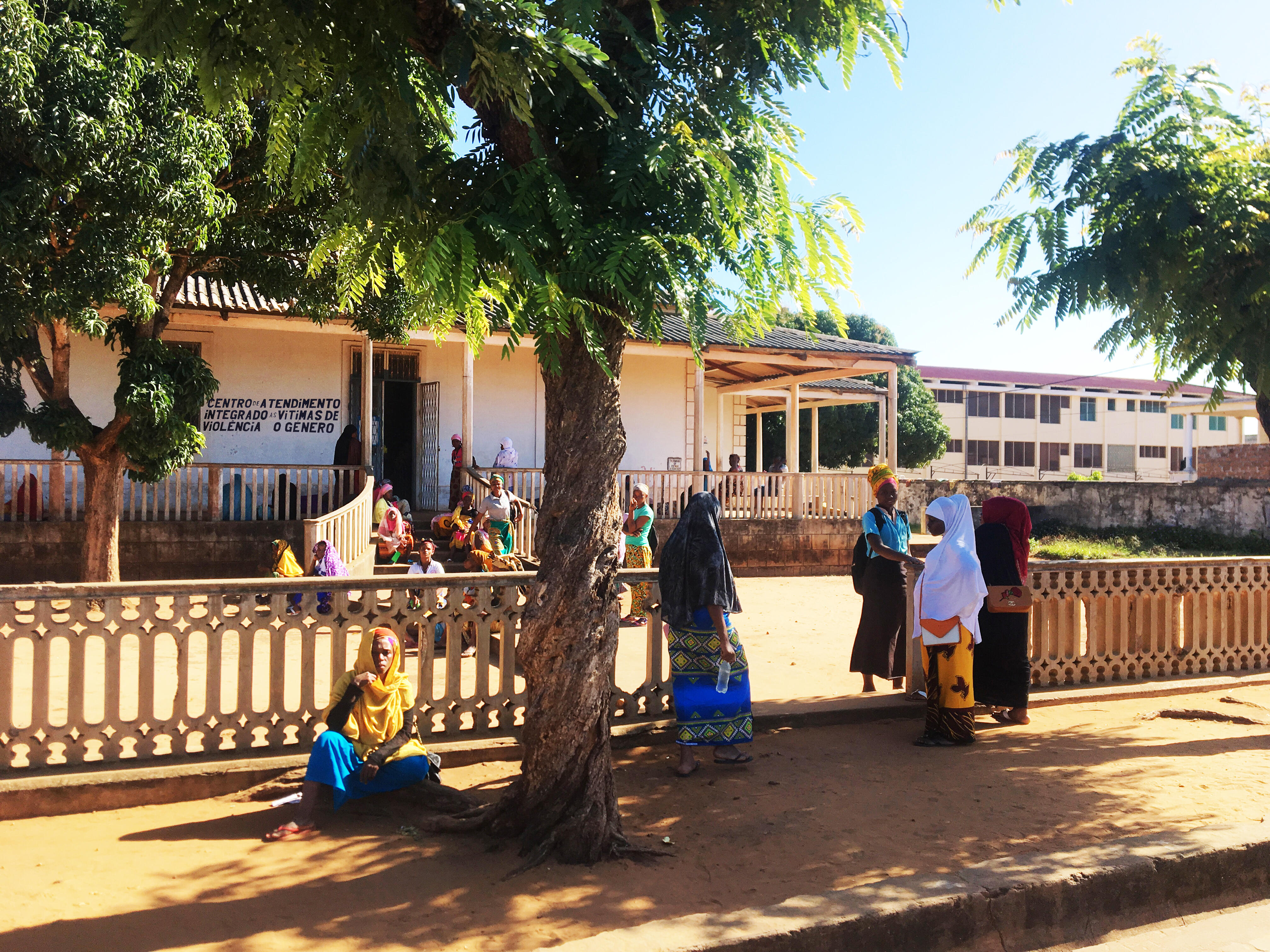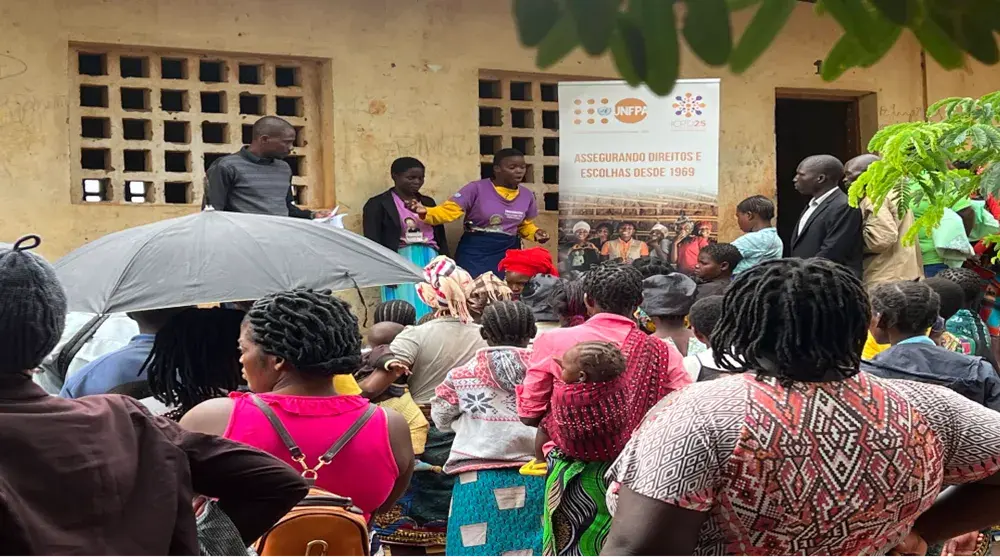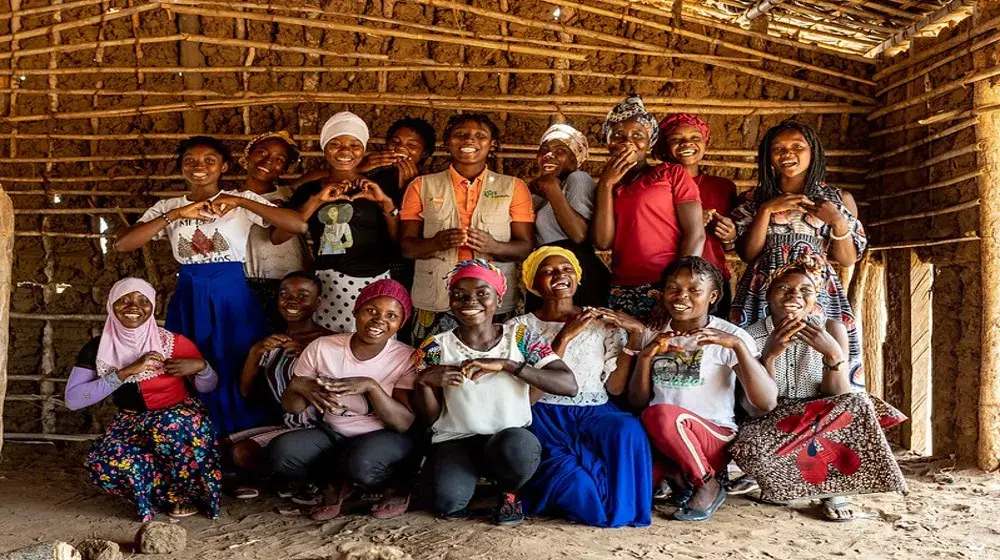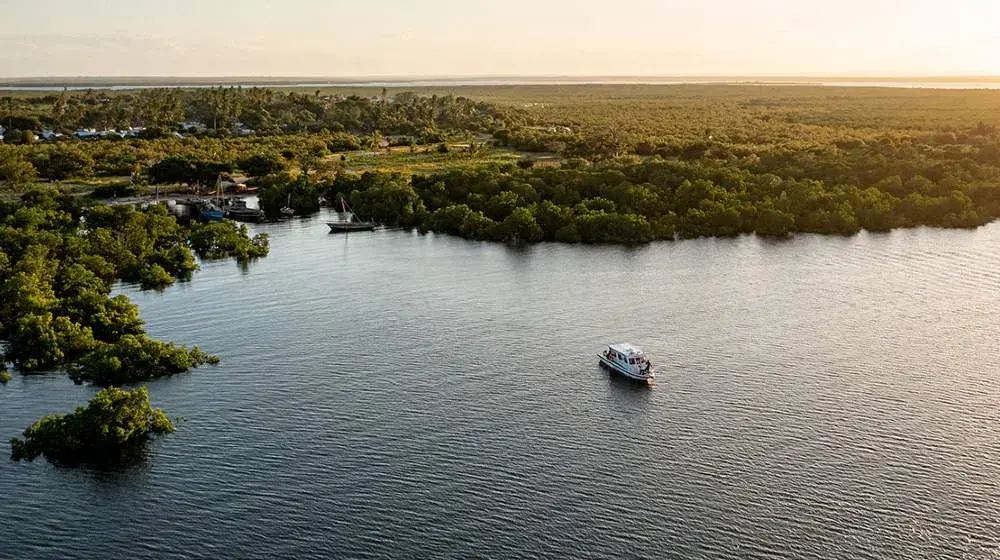Maputo, Mozambique - Ana Maria* (30) suffered psychological, emotional, and physical abuse from her husband for years and still feels distressed when she looks in the mirror or sees a picture of herself. “My face has suffered some transformation, so I don’t feel comfortable filming or taking pictures,” she says.
Globally, at least one in three women has experienced physical or sexual violence, usually at the hands of a family member or intimate partner. This violence often leaves deep marks on the lives of these women and girls.
Ana Maria and her husband married when she was 20 and he was 23. The first four years were peaceful until he decided to work in South Africa. When he moved back home, Ana Maria was working as a housekeeper and was often out of the house. She discovered that her husband was bringing other women to their home. When she confronted him, the physical abuse began.
She forgave her husband, and he soon went back to South Africa and convinced her to follow. When she arrived, she discovered that he had started drinking heavily. Tired of having no money for food and to take care of her children, Ana Maria contacted a male cousin to get help to go back to Mozambique. Her husband heard and believed she was talking to a lover. “That is when the major violence began,” she says. “That is when I discovered that those police batons have iron in them. He beat me for over a week.”
One day, she found the strength to leave and approached two men speaking her local language. She used one of their phones to call her mother. Her uncles were contacted and managed to get her and her daughter back to Mozambique, but her husband soon followed. She had already started working again, and he felt frustrated that she was employed, and he was not. The beatings started again; one of her brothers advised her to go to an Integrated Services Center for Victims of Violence (CAI).
That was two years ago. She convinced her husband to join her therapy sessions and this minimized the violence. She knew that she could count on the assistance of the support team at the CAI.
After some time, she realized it was time to stop the violence entirely. “I made the decision to leave my abusive husband. I prayed to God to give me the strength to continue to care for and educate my children.” She expressed sincere gratitude to the CAI for the help to rebuild her self-esteem and remind her that she is capable of doing everything on her own. “I want to see all women in Mozambique empowered, so they can fight for their dreams and support the dreams of their children," Ana Maria says vividly.
In Mozambique, more than one in three women (37 per cent) has experienced physical or sexual violence at some point in their lifetime, with higher rates (43 per cent) among young women aged 20-24, according to the 2011 Demographic and Health Survey (DHS, 2011).
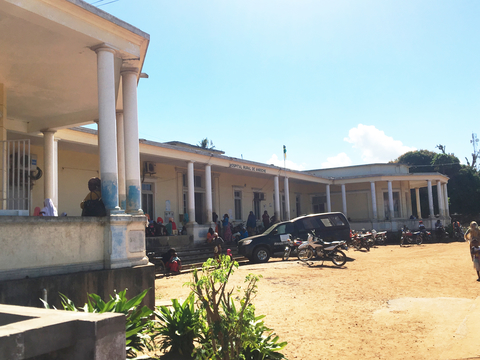
Violence in Nampula province ©Santiago Goicoechea/UNFPA Mozambique
Almost 7 per cent of women have suffered sexual violence in the past 12 months with, higher rates reported in urban (8 per cent) than rural areas (6 per cent) and among young women (18 per cent).
Only 781 out of the 1634 health units (48 per cent) in the country providing a health response to GBV in 2017. In addition, out of the planned 23 integrated service centers for GBV survivors (CAIs), only seven were fully operational and there were no CAIs in the targeted provinces of Nampula and Manica, nor in Zambezia, Niassa and Cabo Delgado.
This year, the Government of Mozambique and Civil Society Organizations began implementing the Spotlight Initiative with funds from the European Union and support from the United Nations Population Fund (UNFPA) and other United Nations agencies. The programme helps women like Ana Maria in Nampula, Gaza, and Manica provinces. In this context, the Ministry of Interior has developed the digital platform, InfoViolencia, for the registration, management, and control of gender-based violence (GBV) cases with support from UNFPA. The system will allow for referral of survivors to other institutions doing all aspects of case management.
"InfoViolencia will facilitate and give credibility to our work, and it will also allow us to carry out more effective follow up of all GBV cases," Dr. Lurdes Mabunda, Head of the Department of Family Assistance and Minors, Victims of Violence of the Ministry of Interior.
A pilot phase of InfoViolencia will soon begin in the provinces where the Spotlight initiative is being implemented. The upcoming pilot phase will take four months and will include training of users on a GBV registration form, platform features and on-site learning in 110 police stations that provide support to GBV survivors. This pilot will test the performance of the platform and the training approach and will serve as the basis for scale-up.
*A pseudonym.

